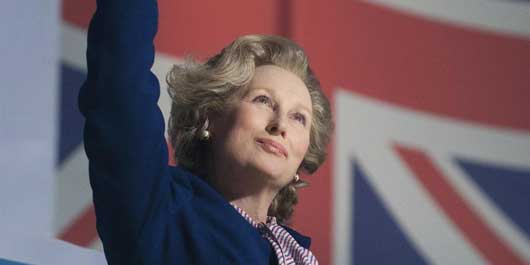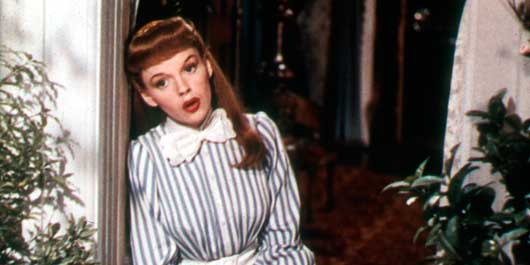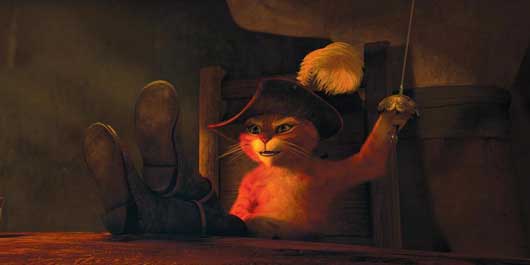
The problem with many of the films examining the financial world is that they end up glamorising the traders who are supposed to be the villains. The obvious example would be Wall Street’s Gordon Gekko, but there is also the Ben Affleck character in Boiler Room and even Paul McGann’s in Dealers, the dreadful UK version of Wall Street. These men are nothing short of thieves and borderline psychotics, yet we end up being drawn into their glamorous lives, with the gold watches, designer clothes, cars and smart talking, and they always seem to get the girl.
Margin Call, to its credit, at least tries to be different. It’s a look at the 2008 financial crash told through one Wall Street firm and the people who work there, over 24 sweaty hours. It tries to examine the reasons why the crash happened, without over-glamorising the staff involved. It’s not entirely successful but compared to the Wall Street it’s far more measured and there is at least a sense that ordinary people are going to suffer because of a few peoples’ rash actions.
Zachary Quinto plays Sullivan, a young risk assessment manager at a Wall St. investment bank. One morning the management decide to make some redundancies, including Stanley Tucci’s Dale who, on his way out of the building, hands Sullivan a computer memory stick with a model on it, asking the young buck to take a look and be careful’. Sullivan completes the model, and realises the firm is massively over-stretched and heading for total disaster.
He tells his boss (Paul Bettany), who tells his boss (Kevin Spacey), who tells his boss (Jeremy Irons), who decides to sell off everything the company owns. Spacey and Irons then have a debate which is at the heart of the film Spacey, an old hand trader who believes in trust and a sense of decency, against Irons, the ruthless boss obsessed with survival. There are lots of lines which reveal how this could be allowed to happen the financial world is unregulated, people buy and sell at will, people get conned and ripped off all the time, but Spacey’s character realises that the whole system is based on some sort of trust and belief and if that goes, in his words, it’s over’. Irons, who readily admits he is not the brightest and no mathematician, happily accepts the consequences, and orders Spacey to tell his staff to sell all of their assets, which are effectively valueless thus ending most of the staff’s careers.
Where the film is at its strongest is in showing how this shit-storm’ will produce casualties, as well as who manages to wriggle out of it and survive and who is doomed cue cameos from Demi Moore, Simon Baker and the mighty Tucci, who, 12 hours after being sacked, is asked to come back in for the day.
Its weakness is in failing to really show how vital this issue is for so many people by setting it in one specific firm it limits itself and never really gets terrifying enough we are watching some rich dealers lose money, so what? It also fails to solve the filmic problem of how you make men in shirts looking at computer screens exciting, and there are some clumsy speeches along the lines of I can’t read these computers you tell me what’s going on’, presumably for us, the stupid audience. For one character to do it is fine, three seems a little stretched and how can Irons run an investment bank and remain so utterly uninformed about finance?
At least we’re spared any daft greed is good’ speeches, but the script could have done with a lot more polish and the direction much more pace and tension. That said, it’s still about the most palatable film set in Wall Street.
Overall Verdict: Flawed, dramatically slow but fresh and interesting look at the 2008 financial crisis, which is still affecting us all.
Reviewer: Mike Martin





You must be logged in to post a comment.